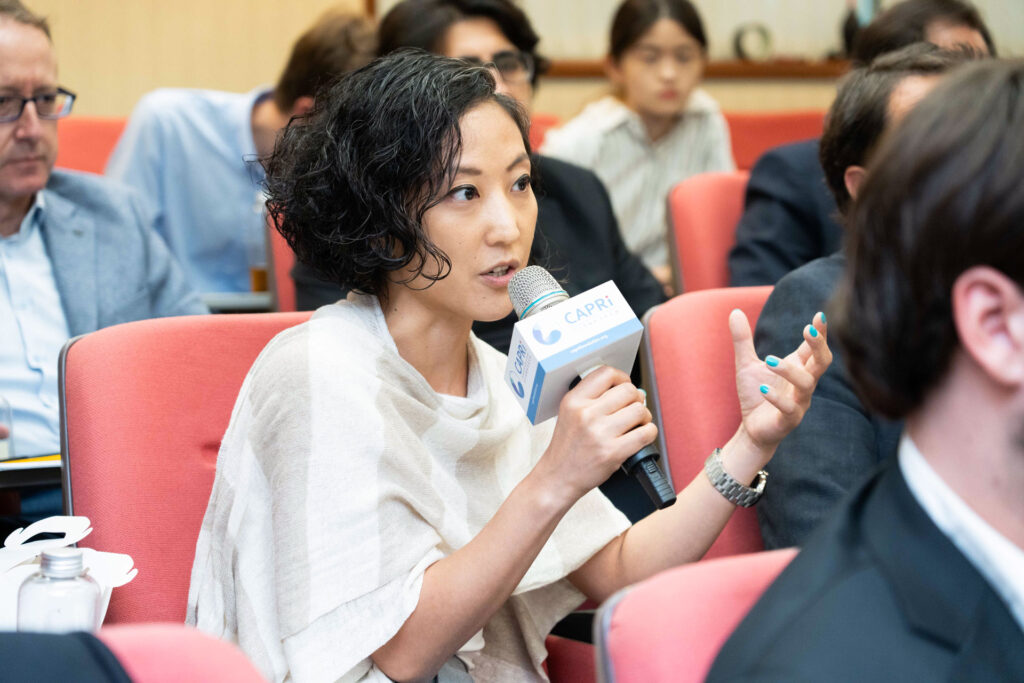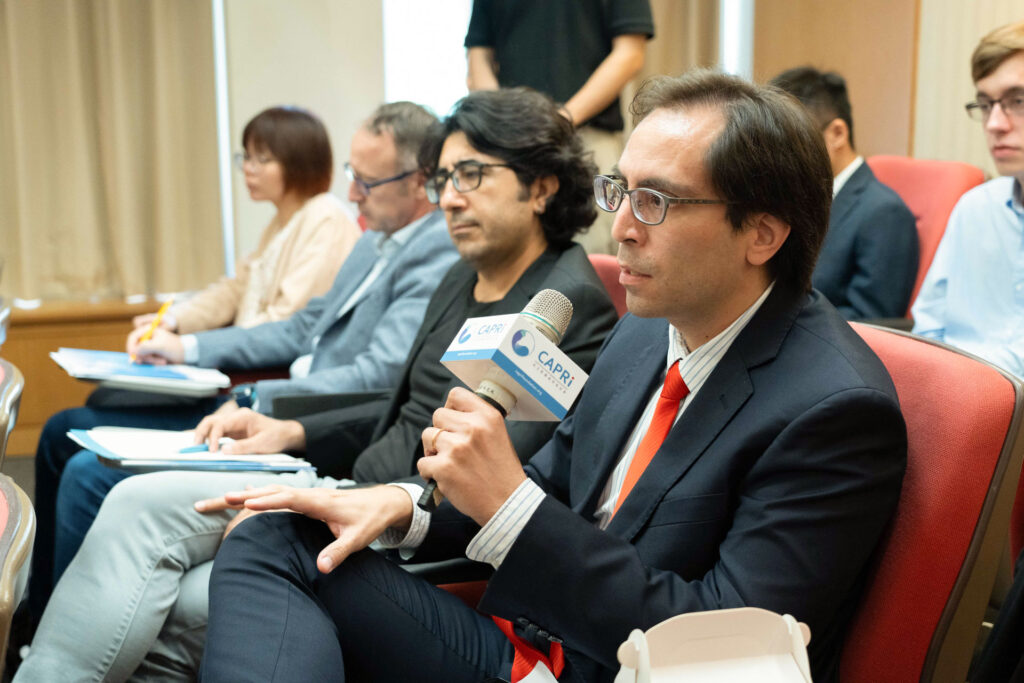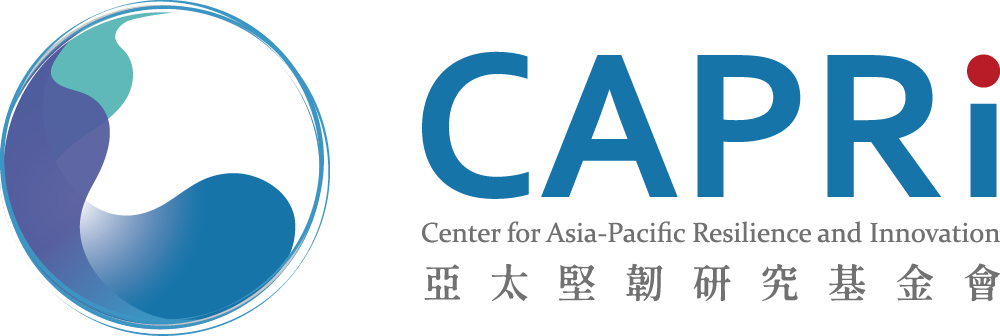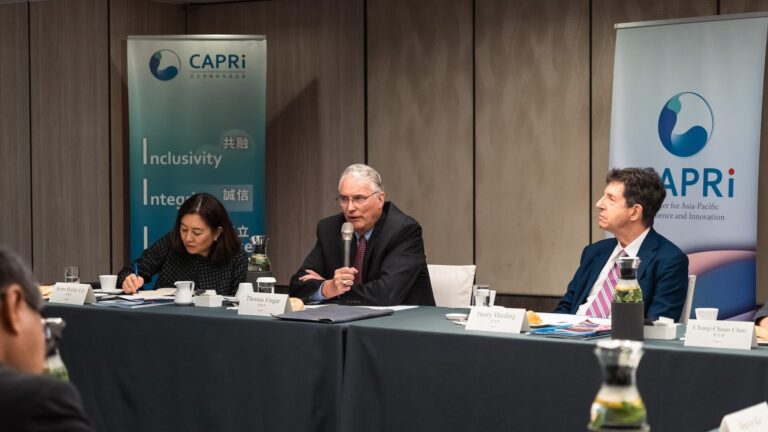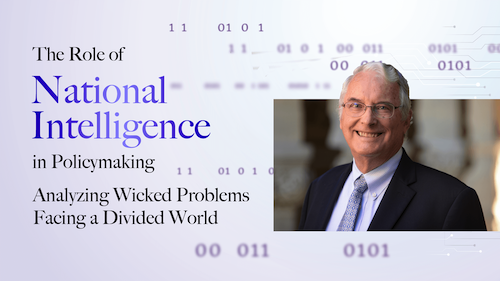Taiwan’s democracy has earned global acclaim for its exemplary public health response, progressive policies, and flourishing public discourse. CAPRI, deeply committed to advancing resilience and good governance, has a keen interest in gaining a deeper insight into Taiwan’s democratic processes and the critical role of legislators in shaping policy.
This summer, CAPRI organized a three-part speaker series, “Consensus Amidst Diversity: Taiwanese Legislators’ Role in Policymaking,” featuring legislators from each of Taiwan’s major political parties in the Legislative Yuan. Each legislator shared their experiences in advocating for policies and seeking consensus amidst diverse opinions to enact policy that benefits constituents.
At the first session, Cynthia Wu from the Taiwan People’s Party (TPP) explained Taiwan’s policymaking process through her personal experiences on sustainable economic innovation, digital competitiveness, and workforce development, focusing on the debate around the 40-hour workweek in Taiwan and a proposed Sovereign Wealth Fund.
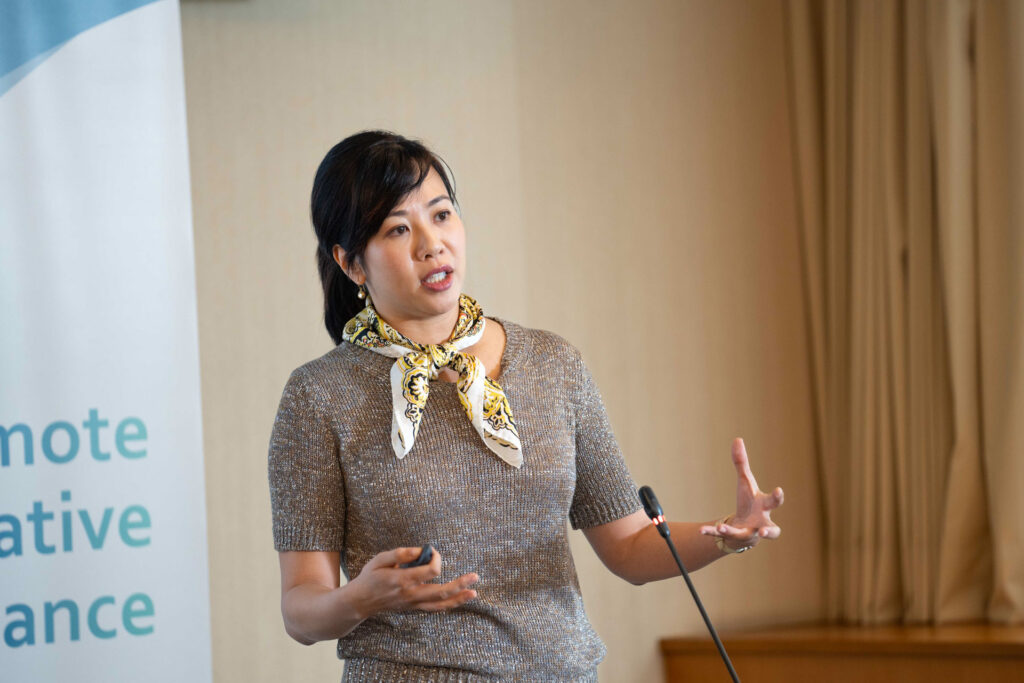
Charles I-Hsin Chen from the Kuomintang (KMT) served as the spokesperson in the Office of President Ma Ying-jeou. He is the CEO of the Institute for Taiwan-American Studies in Washington, DC. His talk emphasized the difficulties of negotiating policy as a minority party, calling for electoral reform and a strengthened foundation for evidence-based policymaking.
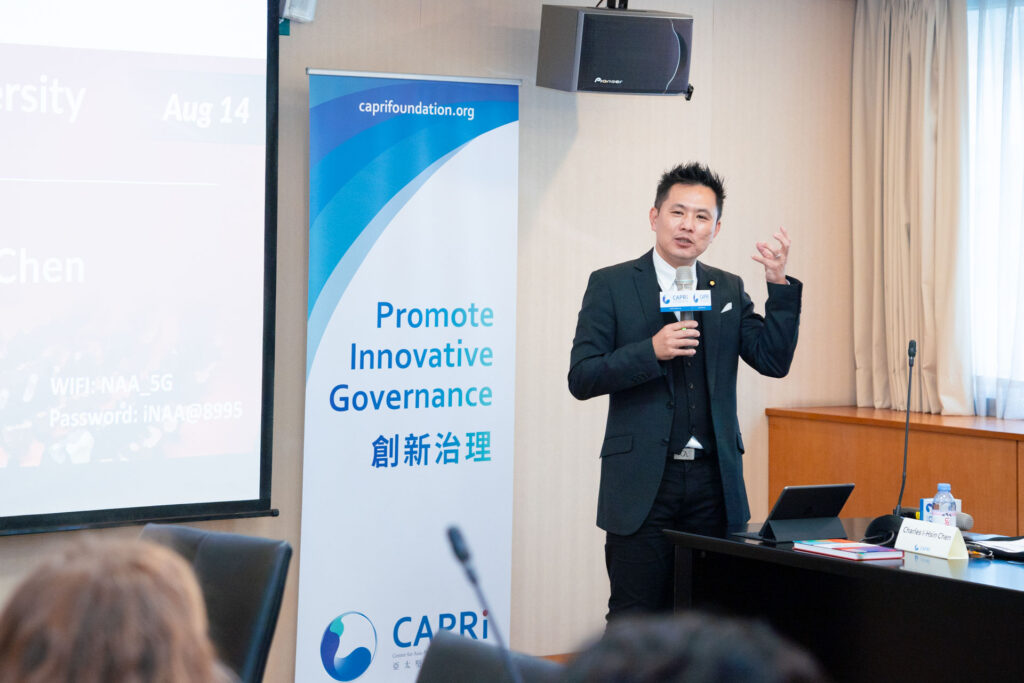
Highlighting examples of the same-sex marriage law and labor reform in the final session, Ching-Yi Lin from the Democratic Progressive Party (DPP) shared the challenges of balancing progressive policy proposals with retaining the support of more conservative voters, particularly as misinformation polarizes the public.
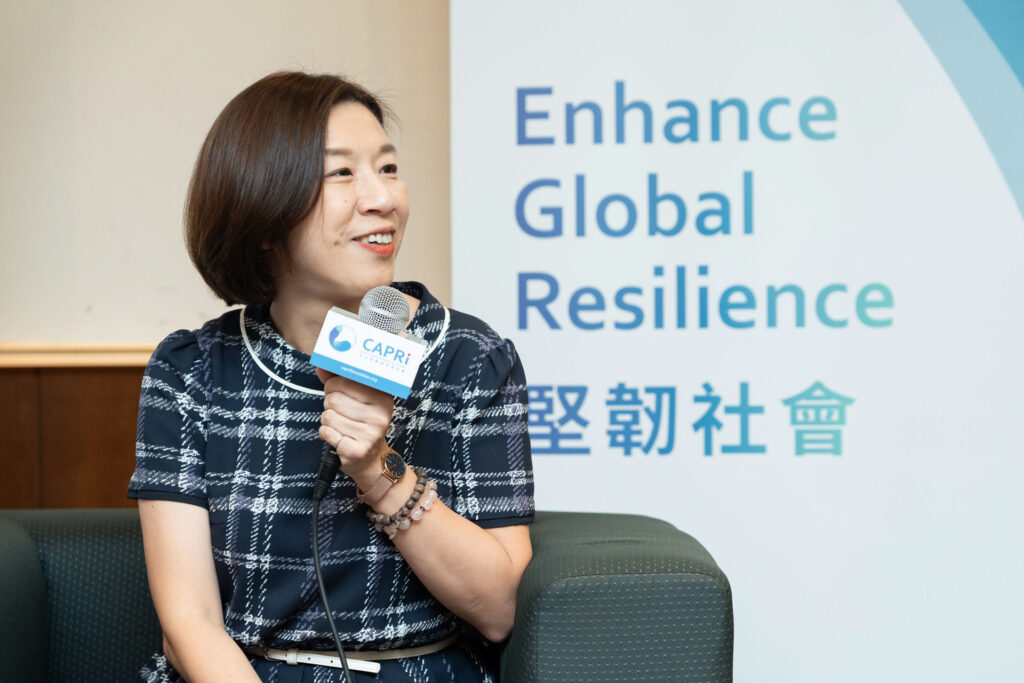
Following each legislator’s remarks, domestic and foreign guests of different backgrounds engaged in a dynamic question-and-answer session. These questions delved deeper into core political issues and policymaking efforts, such as Taiwan’s integration with the international community and the upcoming general election in January 2024. This was an opportunity to bring diverse political, functional, and international perspectives to the complex issues at hand.
The sessions revealed the different roles legislators across the three parties play in policymaking; some set the agenda, whereas others provide critical checks and balances in the legislation process. The following common themes emerged:
- Trade-offs in policymaking: Enacting a policy that satisfies everyone—even within a single party—is nearly impossible, but balancing the interests of diverse stakeholders is imperative for effective policymaking. Reaching consensus on the prioritization of conflicting interests requires open dialogue among stakeholders who share the same values but have different perspectives on the best policies to uphold them.
- Cross-party collaboration: Negotiating across parties is an important part of a legislator’s responsibility. Without consistent collaboration and compromise between parties, gridlock and polarization may ensue, which only obstruct progress toward serving the constituents.
- Democracy and representation: Public awareness and participation are the cornerstones of a thriving democracy. Policymakers play a critical role in upholding democratic principles, ensuring that the people’s will is reflected in policy decisions and maintaining accountability mechanisms. This entails actively involving the public, providing them with information on intricate matters, and dispelling misinformation.
